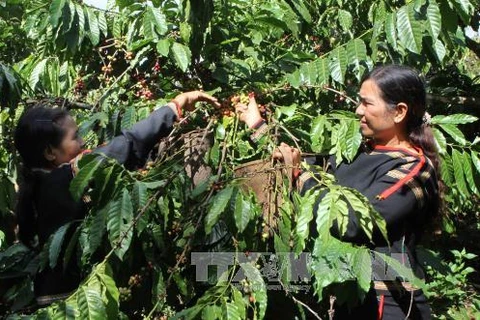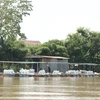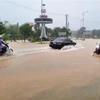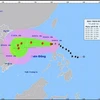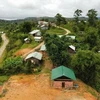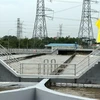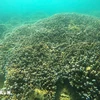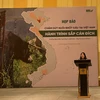Dak Lak (VNA) – The degradation of soil in the Central Highlands has increased, impacting production and ethnic minority groups, according to Nguyen Dinh Ky, Vice Chairman of the Vietnam Geography Association.
Central Highlands provinces now have more than one million hectares of heavily degraded soil, accounting for 20.5 percent of the region’s natural area.
Dak Lak has the most degraded soil area with 226,384 hectares, making up 4.1 percent of the region and 17 percent of the province.
Kon Tum has 189,693 hectares and Dak Nong’s degraded soil area area is 63,760 hectares. Lam Dong has the least degraded land area.
The degraded soil in the Central Highlands is mostly stony, dry, or pebble-filled land, all preventing the growth of plants.
According to Ky, degraded soil is mainly caused by deforestation, the loss of natural plant layers, the farming of one type of tree on an area, excessive use of chemical fertilisers, and prolonged droughts.
To sustainably develop agriculture in the Central Highlands region, provinces need to enrich soil, develop irrigation, restore forests, and develop high-tech agriculture.
Measures preventing the degradation of soil must be carried out scientifically and effectively based on policies and law from central to local levels.
Localities should implement technological solutions such as the use of erosion-preventing Polyme, the use of biofertilisers, NPK fertilisers to enrich soil.-VNA



